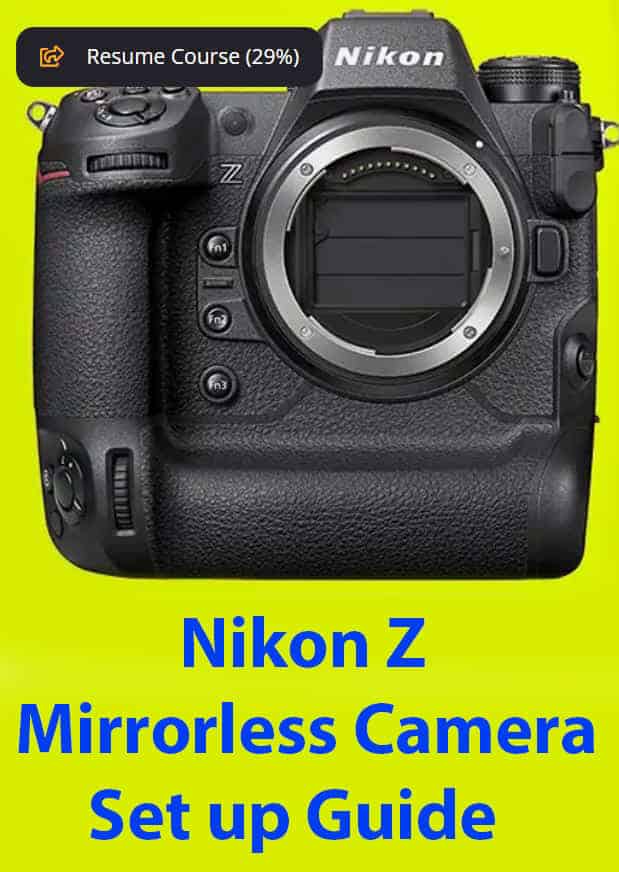All is calm on the lake early this summer morning other than the call of the loons down the lake so you decide to throw your camera around your neck and head out in your kayak in hopes of getting close enough to get some great shots of a loon feeding or in that classic wing flap.
Seemingly this is like any other morning until your kayak unsuspectingly begins to veer to the left and before you know it you find yourself treading water and in total shock and disbelief that your $10,000 camera and lens is now at the bottom of the lake. This is exactly what happened to a fellow photographer and friend of mine. An event he will not soon forget is at least bearable knowing that he had camera insurance to cover the loss.
 Since that event I have done significant research into various photography insurance or camera insurance policies and wanted to pass along what I have learned as it may just save you thousands of dollars one day.
Since that event I have done significant research into various photography insurance or camera insurance policies and wanted to pass along what I have learned as it may just save you thousands of dollars one day.
Option 1: Many photographers simply use their home insurance as a means of covering their camera in the event of theft, breakage, fire, etc. This is certainly an option if you don’t have a lot of expensive photography gear. However be aware that the standard home insurance policy has limits as to how much they will cover so if this is the option you choose make sure your coverage is adequate. if not you should opt for a specific photography insurance or camera insurance policy.
Option 2: Add a special camera insurance rider to your home policy. In this case you provide your insurance company with an itemized list of the camera gear you wish to have insured. You’ll be requested to provide a description of each item along with value and serial number. Your premium will be based on the sum total of the value of the items that you insure.
Cautionary note: If you sell your work regardless of the value, yes even one $5 postcard, you are deemed to be a commercial photographer and thus not eligible for coverage under this type of policy. When the insurance carrier asks if you are a professional photographer what they really mean is do you sell your work so answer truthfully. I had this type of policy for two years and only recently discovered that because I have the ability to make sales through my website had I made a claim it would likely have been denied. That means the only choice for photography insurance for most photographers is option 3.
Option 3: Speak with any number of Insurance carriers that provide specific photography insurance policies that permit commercial activity. At the recommendation of a few photographers I ended up taking out a camera insurance policy with State Farm. Ask for their marine and mobile equipment policy and most agents will know what you’re talking about. Once again you will be required to provide an itemized list of your photography gear complete with serial numbers and value.
If you’ve spent any time at all with a camera in your hands you already know that anything can and will happen so trust that the initial hassle of paperwork is well worth the peace of mind knowing that you are covered when your rogue kayak decides to have a little fun at your expense.:))






